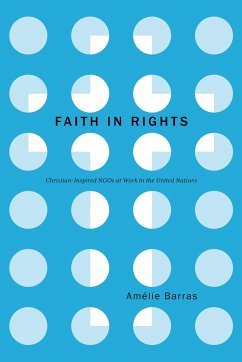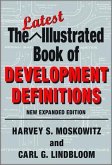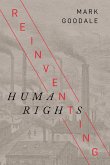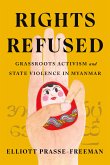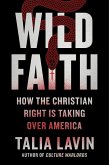"Faith in Rights explores why and how Christian non-governmental organizations conduct human rights work at the United Nations. The book interrogates the idea that the secular and the religious are distinct categories, and more specifically that human rights, understood as secular, can be neatly distinguished from religion. It argues that Christianity is deeply entangled in the texture of the United Nations, and shapes the methods and areas of work of Christian NGOs. To be able to capture these entanglements, Amâelie Barras analyzes, through interviews, ethnography, and document and archive analysis, the everyday human rights work of Christian NGOs at the United Nations Human Rights Council. She documents how these NGOs are involved in a constant work of double translation: they translate their human rights work into a religious language to make it relevant to their on-the-ground membership, but they also reframe the concerns of their membership in human rights terms in order to make them audible to UN actors. Faith in Rights is a crucial new evaluation of how religion informs Christian non-governmental organizations' understandings of human rights and their methods of work, as well as how being engaged in human rights work influences these organizations own religious identity and practice"--
Hinweis: Dieser Artikel kann nur an eine deutsche Lieferadresse ausgeliefert werden.
Hinweis: Dieser Artikel kann nur an eine deutsche Lieferadresse ausgeliefert werden.

